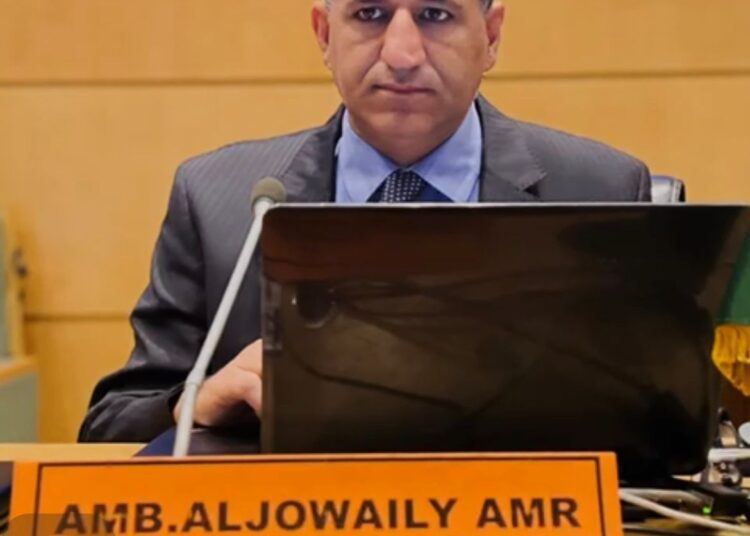The Diplomacy and Digital Governance conference wrapped up in Malta yesterday. President of Switzerland Ignacio Cassis, Maltese Prime Minister of Malta Robert Abella, Under-Secretary-General of the United Nations and technology envoy Amandeep Gill and the Ministers of Foreign Affairs and Communications of Malta and Mauritania Ian Burg and Mokhtar Yadali among a group of senior representatives of diplomacy and communications in European and African countries attended the event. The conference focused on digital diplomacy and issues related to Internet governance.
The United Nations representative indicated that the Secretary-General announced the start of consultations on the Global Digital Compact in his report entitled ‘Our Common Agenda’ for it to be officially adopted at the Future Summit in September 2024. For his part, the President of Switzerland focused in his speech on the role of international institutions headquartered in Geneva in co-ordinating international positions on issues of the information society, while the Prime Minister of Malta presented his country’s role in bridging the gap in positions between developed and developing countries, taking into account the initiative of the Mediterranean Diplomatic Academy in Valentina in this area.
Jovan Karbalia, Director of the Diplo Foundation, which organised the conference, presented the experiences of foreign ministries in a number of developed countries in establishing the position of envoys on issues of technology and the information society, and even dispatching resident ambassadors to centres that gather large companies and institutions working in this sector, calling on developing countries to take the initiative in this field to catch up with the emerging global trend.
In his two speeches before the sessions dedicated to how diplomacy can keep pace with the requirements of the digital age and the nature of hybrid conferences, Ambassador Amr Al-Juwaili, Strategic Adviser at the African Union Commission, presented the defining elements of digital diplomacy, explaining that it can divided into three main axes. The first relates to emerging digital tools that have become available, including instant interactive means of communication as well information technology search engines and analysis. The second relates to digital agenda, especially issues concerned with Internet governance, data privacy and network security. The third is related to the environment surrounding diplomatic work, where the pace of events has accelerated and distances have shrunk, necessitating a quick reaction foreign policy and a highly responsive diplomatic apparatus.






Discussion about this post